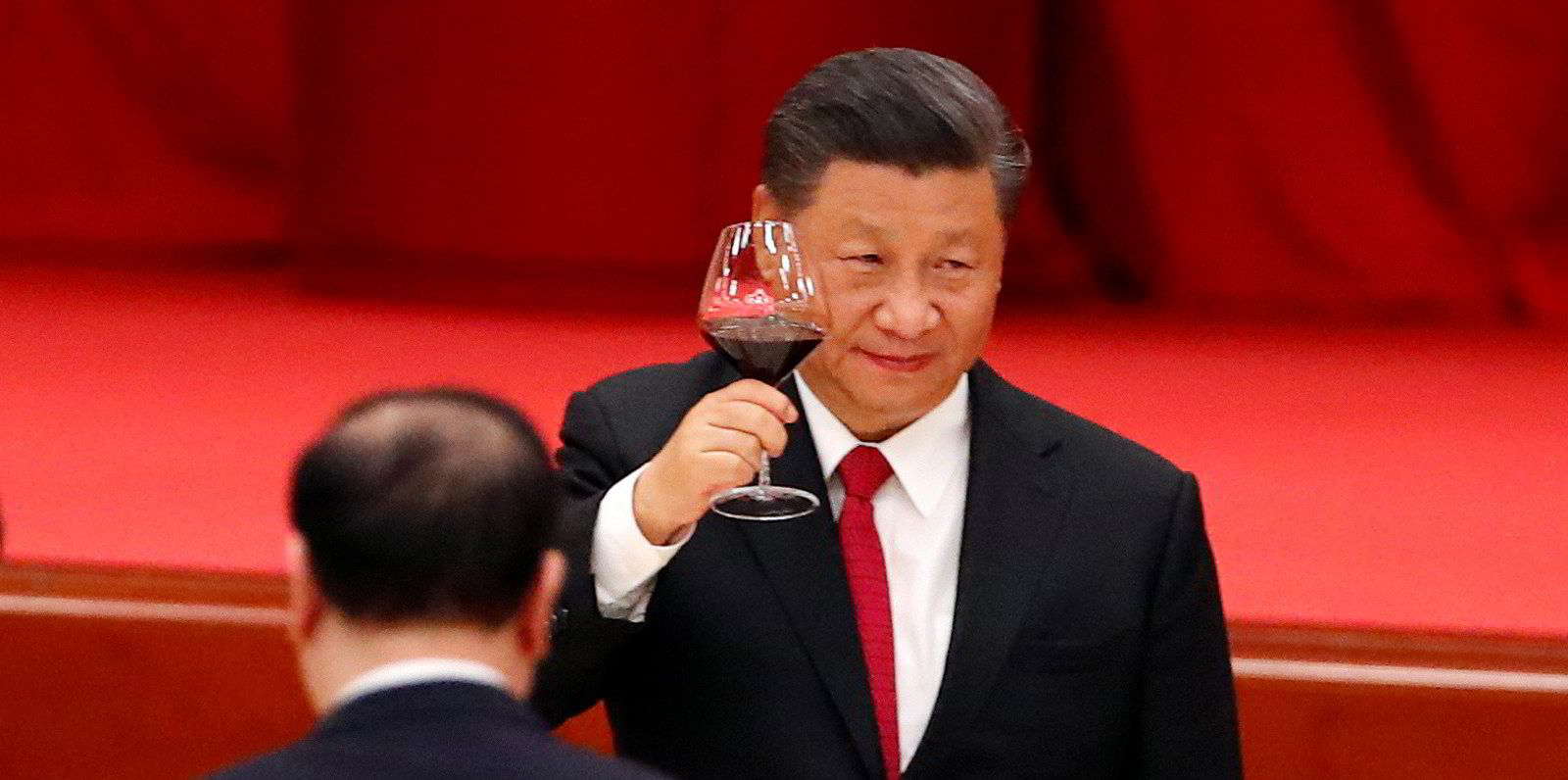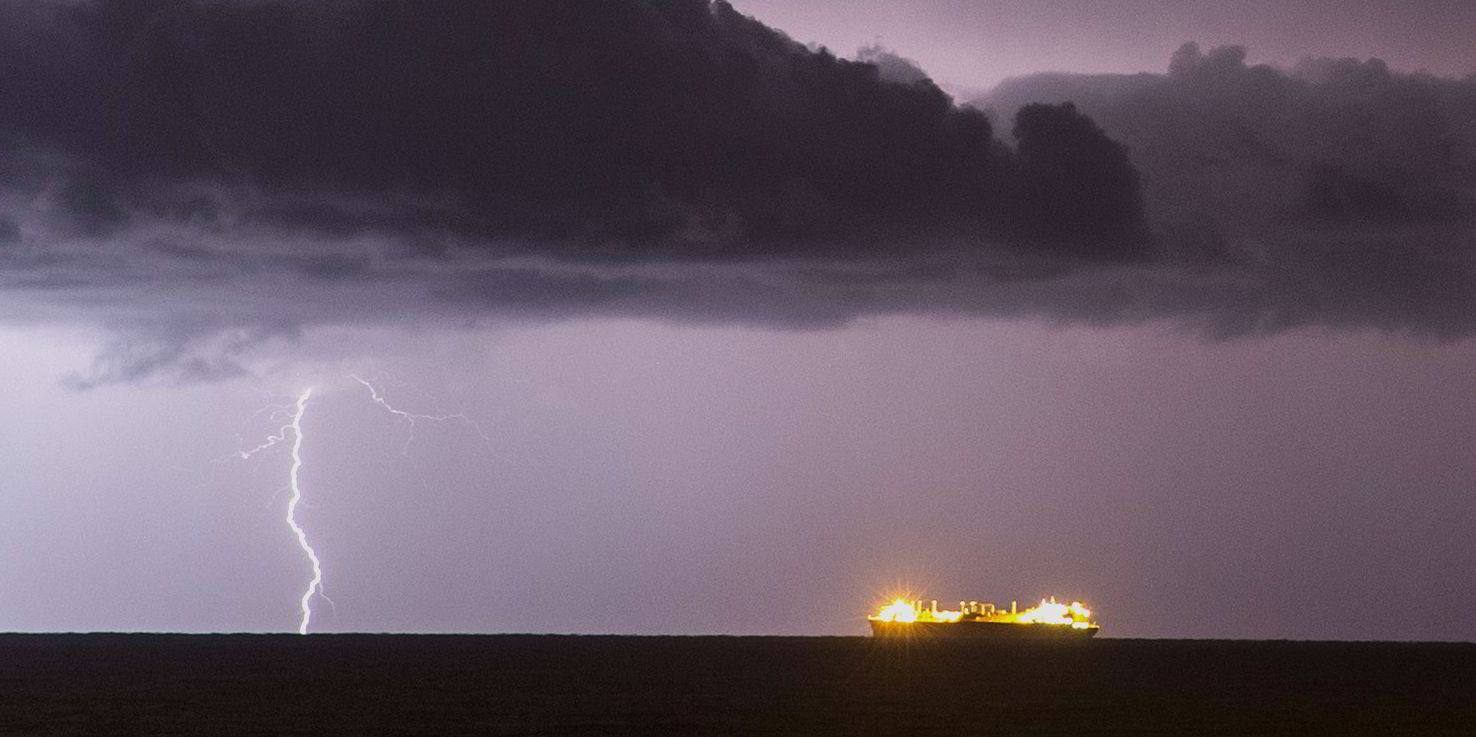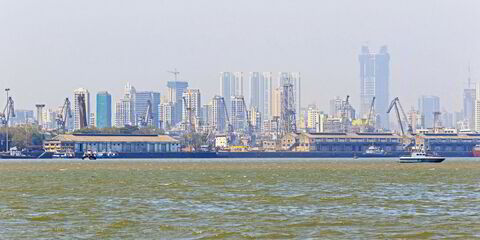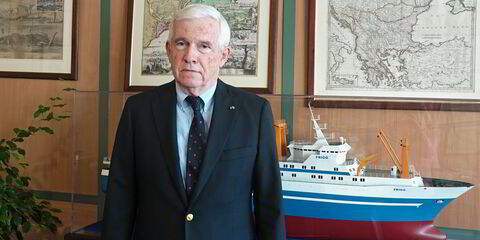It is worth taking time out to read a new book just published — Hothouse Earth: an inhabitant’s guide — if you want to stare into the realities of the climate crisis, and our future.
It is written by Bill McGuire, Professor Emeritus of Geophysical and Climate Hazards at University College London, and a contributor to the United Nations’ IPCC report of 2012 on climate change and extreme events.
“Six times more ice is melting in eastern Antarctica now than 40 years ago,” he writes. “If the end game sees both the East Antarctic Ice Sheet and the West Antarctic Ice Sheet beginning to collapse then — in terms of how high sea levels could rise and how quickly — all bets are off.”
This is just one of literally hundreds of facts and assessments that confirm a recent headline in an US magazine: “In the end, climate change is the only story worth telling” — meaning that literally all of life on Earth depends on us tackling this issue.
Unless you believe that fixing that next ship is more important than the future of world trade come 2050 or the kind of life your grandchildren will live, then you will not ignore this book and the warnings contained within it.
Other warnings come in a film — The Oil Machine — that has been showing in Picturehouse cinemas all over the UK (and at events in Germany, Poland and Holland) in recent days.
I was an executive producer of this documentary, which, if you look carefully, will show glimpses of Affinity Shipping’s shipbroking office in London’s Leadenhall Street. Thanks go to Richard Fulford-Smith for realising the enormity of the subject matter and giving us access.
We have been organising panel discussions around the film from climate experts, financial investors, oil workers and even firefighters whose lives are being made difficult by climate change.
The Oil Machine — to be shown on BBC Scotland just before Christmas and available worldwide through the BBC iPlayer platform — has testimony from Sir David King, former chief scientist to the British government, saying the following about what we can expect if carbon emissions from oil and other fossil fuels are not curbed.
“I think my predictions beyond 2050 are difficult to make,” he said. “And the reason I say this is because I don’t think the global economy will be functioning the way it is today unless we make big, big changes over the next five to 10 years to manage the disaster which is just around the corner.
Determining the future
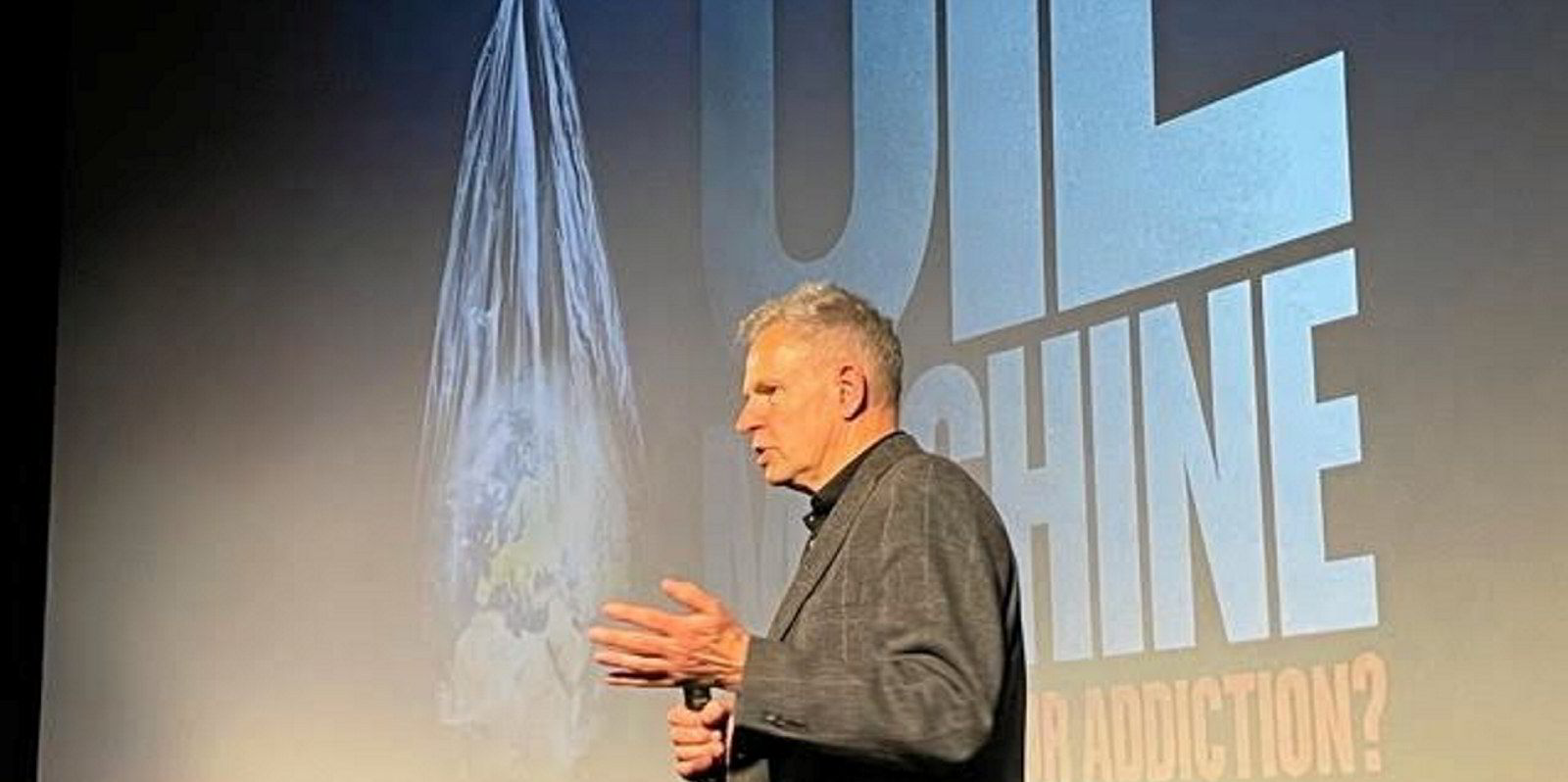
“A series of crises will begin unfolding after the mid-century that is going to mean the end of the global economy. I believe what we do over the next five years — and the ‘we’ in that sentence refers to humanity — will determine the future of humanity for the next millennium.”
This view sits uneasily with those celebrating the melting of the Greenland ice cap on the basis that it will open up a shipping route across the roof of the world or those complaining that decarbonisation moves by the International Maritime Organization will undermine competitiveness.
Now, I accept that all of this is exceptionally gloomy stuff and we humans would rather look away: me too. But it would be irresponsible to do that. So where to find optimism?
Well, we could point to what happened over the past week in China as offering some hope. Unusual and widespread protests have broken out in cities across that country over the harsh lockdown procedures that Beijing has enforced as part of its zero-Covid policy.
This has led one of the most centrally controlled (and many would say authoritarian) governments in the world to perform a dramatic and unexpected U-turn on easing restrictions. So, things can change.
Indeed, who would have believed three years ago that a free market, small-state government run by Conservative politicians in the UK would pay people to stay at home during 2020 — or stump up for 50% of the bill when people ate in restaurants as they did with their “eat out to help out” programme?
Let’s remember the world did come together and find ways of closing the hole in the ozone layer — by banning chlorofluorocarbons, or CFCs — gases used for various purposes including solvents, refrigerants and aerosol sprays — as part of the Montreal Protocol finalised in 1987.
Who expected the Berlin Wall to fall two years later or apartheid to end in South Africa in 1990 or the Soviet Union to crumble 12 months after that?
Change does happen. And we desperately need it now. More shipping leaders need to step up to the plate and argue strongly that any short-term financial cost is worth paying for a longer-term future.
